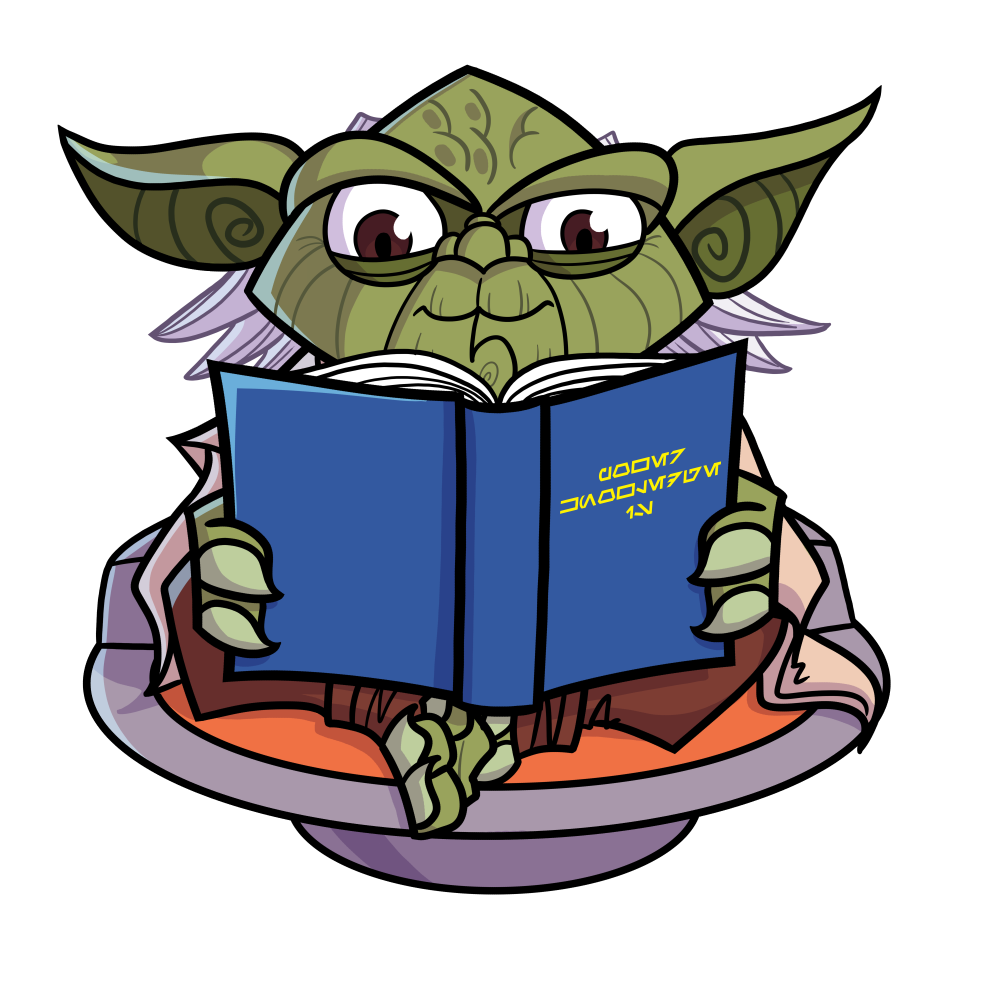Let's talk books!
Summer is a great time to talk about books, but this year it's especially so, because PBS has come out with the The Great American Read. It's an eight-part series on PBS that talks about the "100 best" American books--but this is where it gets confusing, because it's not 100 books by Americans, and it's not the most influential books--it's 100 "best-loved novels (as chosen in a national survey)."
So, here are my thoughts:
- I've read 54 of them. I've linked to the list above. Obviously, I am thrilled Pride and Prejudice is here--go America!--but I'm shocked that there's no Shakespeare. There aren't any plays at all. BOOOOO.
- Some of the books I love, some are meh, some I hate, and some I would never, ever read (DaVinci Code, looking at you). If you're curious, my love list is: Anne of Green Gables, The Giver, P&P , Book Thief, Narnia, Rebecca, Charlotte's Web, Grapes of Wrath, Harry Potter, Hunger Games, 80% of Jane Eyre, Little Women, Memoirs of a Geisha, Outlander, To Kill a Mockingbird, The Sun Also Rises, and Wuthering Heights.
- Books on the list I hate: 100 Years of Solitude, Moby-Dick, The Lovely Bones
- Some of these are clearly "hot" books that people are currently reading or have been popular: Twilight, Ready, Player One, Fifty Shades of Grey. These are not books that will last, I'm willing to bet.
- I would like it very much if everyone would read 1984 and The Handmaid's Tale and then write papers about the two. And then realize that we do not live in the world of Handmaid's Tale. (Hulu, looking at you....)
- There are books on this list that I need to read: Catch-22, War and Peace, Call of the Wild, and Crime and Punishment. (Well, I have to finish Crime and Punishment.) I gave up on Don Quioxte because the book itself is Quixotic. :-P
- Conversely, books I will never touch with a 39 and a half foot pole: DaVinci Code, Fifty Shades, Left Behind --because it is vehemently anti-Catholic-- and The Shack.
- No Henry James, Edith Wharton, or Nathaniel Hawthorne? I think The Scarlet Letter is MUCH better than Moby-Dick, personally.
How about you? Which of these have you read? Do you have a favorite? Any you're meaning to read?







